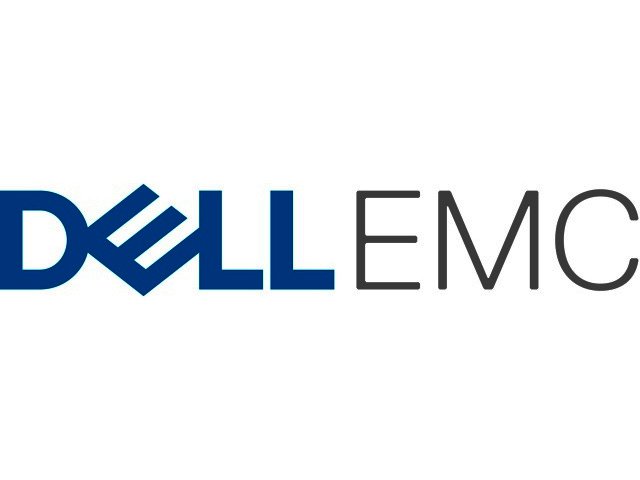BUSINESS NEWS SPONSORED BY:
Modern companies are caught in a serious struggle. They must balance cost and still improve the agility of their systems. On the other side, the desire to transform digitally and open pathways to innovation is pulling them towards different priorities. This schism is abundantly clear from a survey that Dell EMC conducted: even though 92% of company owners consider digital business initiatives as critical to their success, at least 45% fear they will be obsolete in five years.
“Every company should have a digital strategy - and it is good to know that most businesses have started that process,” said Rudi van Rensburg, Senior Sales Manager Primary Storage MIT at Dell EMC. “Yet in the four different stages of IT maturity, only one out of twenty companies qualify for the fourth and most mature tier.”
That fourth tier is a very good place to be: stage 4 companies boast vastly better communication with lines of business, as well as much faster delivery. They do so by using the best in storage, converged infrastructure, security and networking.
The bottlenecks plaguing modern enterprises
To get there, though, is not easy. Companies face numerous challenges. For example, running batch jobs for reports has long been an onerous activity, often taking up days and requiring resource-draining extra shifts. Another example, explained Nedbank’s Retail Infrastructure Manager, Duard Killian, is the need for developers to access large quantities of data:
“The delta change of our data per day was over two terabytes. The development teams want to develop off the production data itself. For them to develop on current data, we had to move the 2 terabytes of data every day from production to development. That took a lot of time.”
Similar bottlenecks can be seen elsewhere. Insurance giant Hollard had to halt its cloud migration strategy, because the systems were not fast enough to provide suitable windows of opportunity. The same pattern can be seen around backups: the sheer size of data is creating a new barrier for enterprises, where simple upgrades will not make the necessary difference.
Get the value without the risk
It’s a challenge that these technology users expect the industry to help solve. This is why Dell EMC has launched #GetModern, a free assessment service that weighs a company’s digital maturity and lay out the benefits of making certain changes. A #GetModern Infrastructure Assessment is a data-driven evaluation process to demonstrate the value of moving to a Dell EMC Modern Infrastructure Solution. This is presented in a matter-of-fact way, complete with a clear ROI that can be presented to the company’s Exco.
But every upgrade cycle inevitably invites a lot of cost, another reason why companies are hesitant to switch to transformational technologies. Again they look to the technology world for support. Dell EMC has introduced Future-Proof, a unique guarantee that their customers can always expect the best without the financial worries. #GetModern defines the ‘why’ and Future Proof is the ‘how’. Focused on remarkable storage systems, customers who invest in a new storage or data protection product from Dell EMC are automatically enrolled in this programme.
“Future-Proof offers a lot,” said Van Rensburg. “Flexible finance, 3 year guarantees, hardware investment protection, predictable support pricing and well as built-in Virtustream for 20 percent of capacity bought. That means a fifth of the storage workloads you deploy can be replicated onto cloud systems at no extra cost. We create the safety, so you can exercise more choice without the risk.”
Today’s solutions, tomorrow’s innovation
The results are certainly convincing. Nedbank reduced its month-end reporting process from two days to two hours and resolved its data movement capacity through the use of all-flash storage. Hollard was able to start its migration process again, said Hollard’s Chief Technology Officer, Mark Nicholson:
“When we started the journey with XtremIO, it was around the virtualisation project and converting all our physical to virtual, to enable our cloud strategy. What it progressed onto was solving our backup problems and ultimately we trialed putting our BI data and analytics as a mixed workload on XtremIO. That has been so successful that our strategy has changed and moved all of our BI and analytics onto an XtremIO consolidated platform."
The benefits of modernisation don’t end with solving existing problems. It clearly opens new doors and sharpens the competitive edge of a company. All it takes to grasp this potential is a free #GetModern assessment. The result can be not only the end to barriers in the infrastructure layer, but a whole new level of possibility and innovation for the business.






